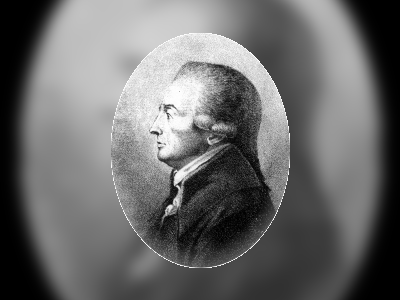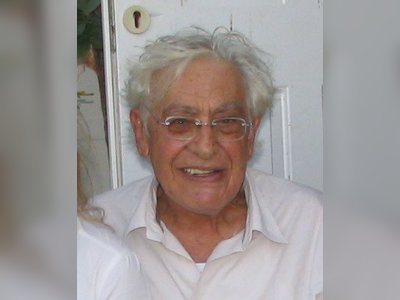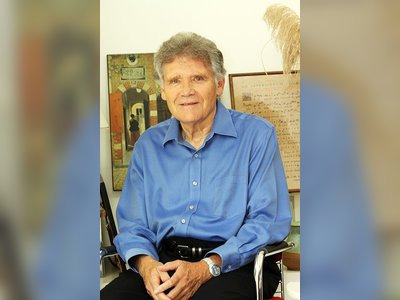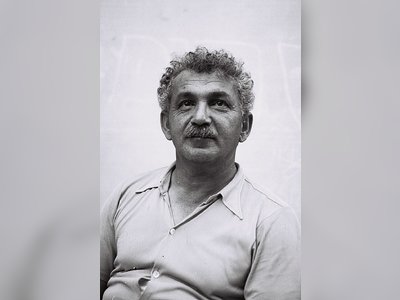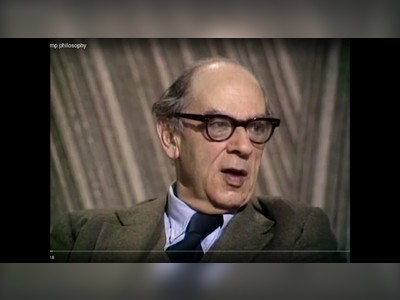מורשת גדולי האומה
בזכותם קיים
beta
Moshe Karoi: The Enigmatic Israeli Philosopher
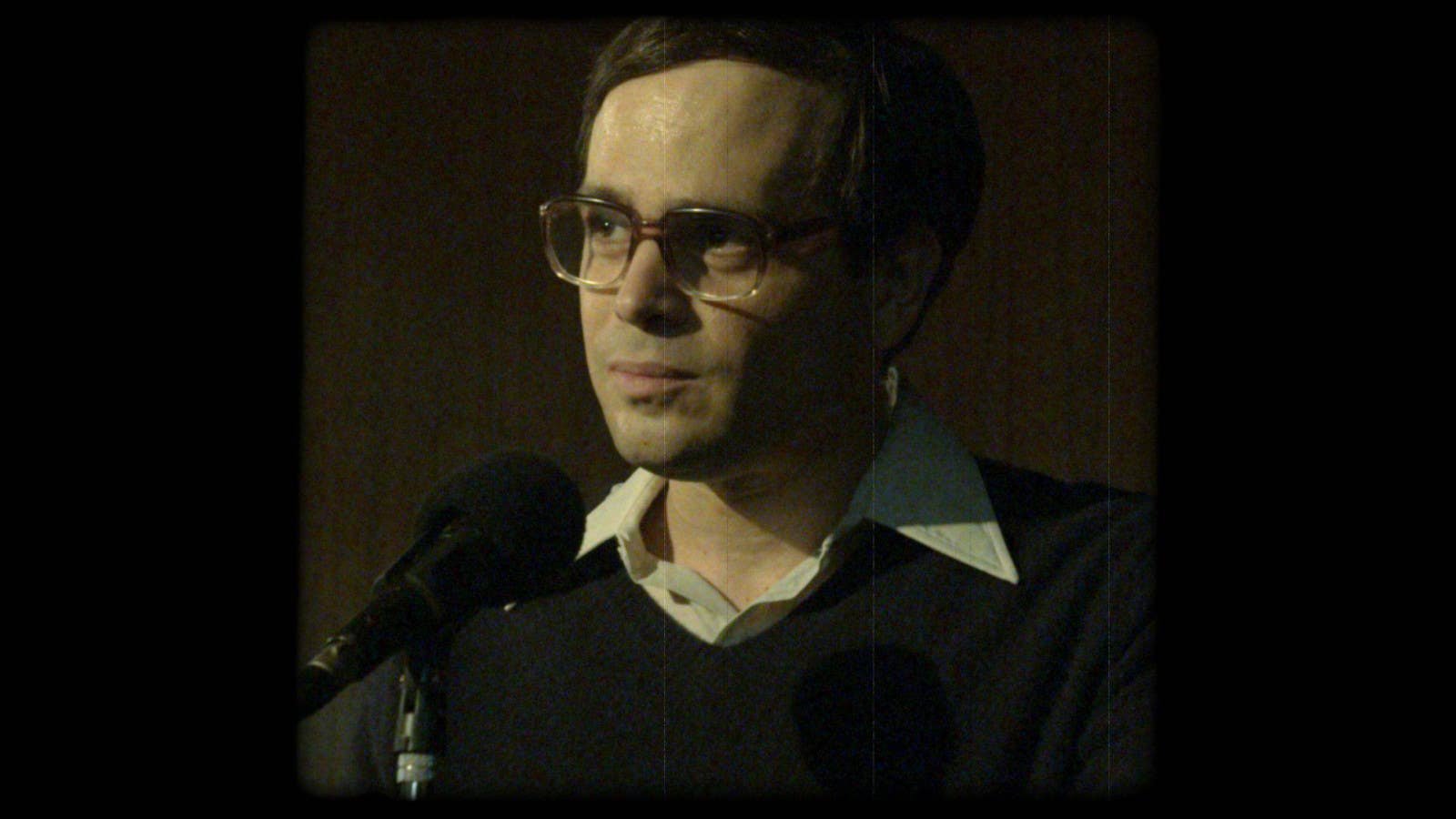
Moshe Karoi (January 6, 1948 - January 1989) was an Israeli philosopher known for his unique philosophical ideas during the 1970s. He was influenced by several philosophical theories, including Ayn Rand's objectivism and Scientology.
Early Life
Moshe Karoi was born in Tel Aviv in 1948. His parents were staunch supporters of socialist Zionism, a belief he would later vehemently oppose. His father, Zvi Karoi, was involved in the Palmach. His mother, Sonia, was an educator at "Balfour" and "Tschernichovsky" schools in Tel Aviv. Moshe Karoi studied at the prestigious "Balfour" Royal School and later at "High School 5," excelling in his studies. He served as an officer in the Israel Defense Forces.
Karoi pursued philosophy and psychology at the Hebrew University in Jerusalem, completing his undergraduate studies in 1969. He went on to earn his doctorate under the guidance of Joshua Bar-Hillel, with his dissertation titled "Kantian Ethics as the Theory of the Competence of Conscience." He began working as a lecturer in the Philosophy Department at Tel Aviv University in April 1973.
Objectivism
In 1973, Karoi gained public attention through an interview with Zvi Yanai in the magazine "Machshavot." In this interview, he presented his new philosophy called "Rational Egoism," based on Ayn Rand's "Objectivism." Karoi advocated for living life according to reason, opposing state interference in individual actions, and basing external relationships on contractual, rather than emotional, foundations. He considered the Torah incompatible with his philosophy and believed that the ideal individual was a rational egoist who took what was rightfully theirs and only gave to others what they deserved.
His philosophy stirred controversy in Israel, especially after his appearance on the TV show "Tandu" in July 1974, where he was interviewed by Yaron London. Karoi became a media sensation, partly due to the fact that his Torah-observant father, Dan Ben-Amotz, also expressed support for his ideas. In the same year, he published his academic book in English, titled "The Conscience: A Structural Theory," which received significant attention.
His second book, "Life According to Reason," was published in 1975 in Hebrew and gained widespread popularity, partly due to the support of Dan Ben-Amotz. During this time, he developed a unique philosophical system that aimed to reconcile reason and morality.
Mystical Phase
In 1979, Karoi, feeling dissatisfied with Scientology as an answer to his philosophical questions, began to explore Indian mysticism. He adopted a guru and spent some time in India. In 1983, he taught at the University of California, Berkeley, and returned to Australia in 1984. His new interests led him to question the clear distinction between human consciousness and divine consciousness. He published another book, "Logical Proofs for the Existence of the Soul," in which he argued for the existence of the soul. This book also explored the relationship between the mind and the body.
Existentialism
In 1986, Karoi's interest shifted again, this time towards Gnostic ideas after his encounter with Dr. Joseph Cheploni, a mystic who introduced him to a "Gnostic" worldview. According to this view, the world is in perpetual conflict between "Sons of Light" and "Sons of Darkness," with the former destined to eventually triumph. Karoi believed that the final battle between these forces was imminent. He even presented a cosmological model in which Earth was the center of the universe.
Gnostic Phase and Tragedy
Karoi's evolving beliefs strained his relationship with his wife. In 1988, a family dispute over the custody of their 15-year-old daughter ended tragically. Karoi's wife accused him of being a monster, while he claimed that their daughter was subjected to brainwashing as part of her mother's efforts to make her hate him. In an attempt to gain custody, their daughter married a 30-year-old man suffering from cancer. Tragically, in 1988, when Karoi's wife tried to visit their daughter against his wishes, she was shot eight times and died at the scene. Her husband, Graham, who later died of cancer, was identified as the shooter. Only after his death did the details of her murder emerge.
Return to Israel and Death
In 1989, Karoi returned to Israel and tried to promote his new ideas in the media but faced rejection and ridicule. He began writing drafts for another book titled "The War Between Sons of Light and Sons of Darkness," but it was never completed or published. It is believed that he died in his apartment at the end of January 1989, but news of his death only became public on February 6, 1989. After a police investigation, it was determined that he had taken his own life.
Moshe Karoi's life and philosophical journey were marked by a series of dramatic shifts in beliefs, from objectivism to mysticism, existentialism, and finally Gnosticism. His complex and controversial ideas continue to fascinate and intrigue scholars and
Moshe Karoi was born in Tel Aviv in 1948. His parents were staunch supporters of socialist Zionism, a belief he would later vehemently oppose. His father, Zvi Karoi, was involved in the Palmach. His mother, Sonia, was an educator at "Balfour" and "Tschernichovsky" schools in Tel Aviv. Moshe Karoi studied at the prestigious "Balfour" Royal School and later at "High School 5," excelling in his studies. He served as an officer in the Israel Defense Forces.
Karoi pursued philosophy and psychology at the Hebrew University in Jerusalem, completing his undergraduate studies in 1969. He went on to earn his doctorate under the guidance of Joshua Bar-Hillel, with his dissertation titled "Kantian Ethics as the Theory of the Competence of Conscience." He began working as a lecturer in the Philosophy Department at Tel Aviv University in April 1973.
Objectivism
In 1973, Karoi gained public attention through an interview with Zvi Yanai in the magazine "Machshavot." In this interview, he presented his new philosophy called "Rational Egoism," based on Ayn Rand's "Objectivism." Karoi advocated for living life according to reason, opposing state interference in individual actions, and basing external relationships on contractual, rather than emotional, foundations. He considered the Torah incompatible with his philosophy and believed that the ideal individual was a rational egoist who took what was rightfully theirs and only gave to others what they deserved.
His philosophy stirred controversy in Israel, especially after his appearance on the TV show "Tandu" in July 1974, where he was interviewed by Yaron London. Karoi became a media sensation, partly due to the fact that his Torah-observant father, Dan Ben-Amotz, also expressed support for his ideas. In the same year, he published his academic book in English, titled "The Conscience: A Structural Theory," which received significant attention.
His second book, "Life According to Reason," was published in 1975 in Hebrew and gained widespread popularity, partly due to the support of Dan Ben-Amotz. During this time, he developed a unique philosophical system that aimed to reconcile reason and morality.
Mystical Phase
In 1979, Karoi, feeling dissatisfied with Scientology as an answer to his philosophical questions, began to explore Indian mysticism. He adopted a guru and spent some time in India. In 1983, he taught at the University of California, Berkeley, and returned to Australia in 1984. His new interests led him to question the clear distinction between human consciousness and divine consciousness. He published another book, "Logical Proofs for the Existence of the Soul," in which he argued for the existence of the soul. This book also explored the relationship between the mind and the body.
Existentialism
In 1986, Karoi's interest shifted again, this time towards Gnostic ideas after his encounter with Dr. Joseph Cheploni, a mystic who introduced him to a "Gnostic" worldview. According to this view, the world is in perpetual conflict between "Sons of Light" and "Sons of Darkness," with the former destined to eventually triumph. Karoi believed that the final battle between these forces was imminent. He even presented a cosmological model in which Earth was the center of the universe.
Gnostic Phase and Tragedy
Karoi's evolving beliefs strained his relationship with his wife. In 1988, a family dispute over the custody of their 15-year-old daughter ended tragically. Karoi's wife accused him of being a monster, while he claimed that their daughter was subjected to brainwashing as part of her mother's efforts to make her hate him. In an attempt to gain custody, their daughter married a 30-year-old man suffering from cancer. Tragically, in 1988, when Karoi's wife tried to visit their daughter against his wishes, she was shot eight times and died at the scene. Her husband, Graham, who later died of cancer, was identified as the shooter. Only after his death did the details of her murder emerge.
Return to Israel and Death
In 1989, Karoi returned to Israel and tried to promote his new ideas in the media but faced rejection and ridicule. He began writing drafts for another book titled "The War Between Sons of Light and Sons of Darkness," but it was never completed or published. It is believed that he died in his apartment at the end of January 1989, but news of his death only became public on February 6, 1989. After a police investigation, it was determined that he had taken his own life.
Moshe Karoi's life and philosophical journey were marked by a series of dramatic shifts in beliefs, from objectivism to mysticism, existentialism, and finally Gnosticism. His complex and controversial ideas continue to fascinate and intrigue scholars and
- משה קרוי – ויקיפדיהhe.wikipedia.org
